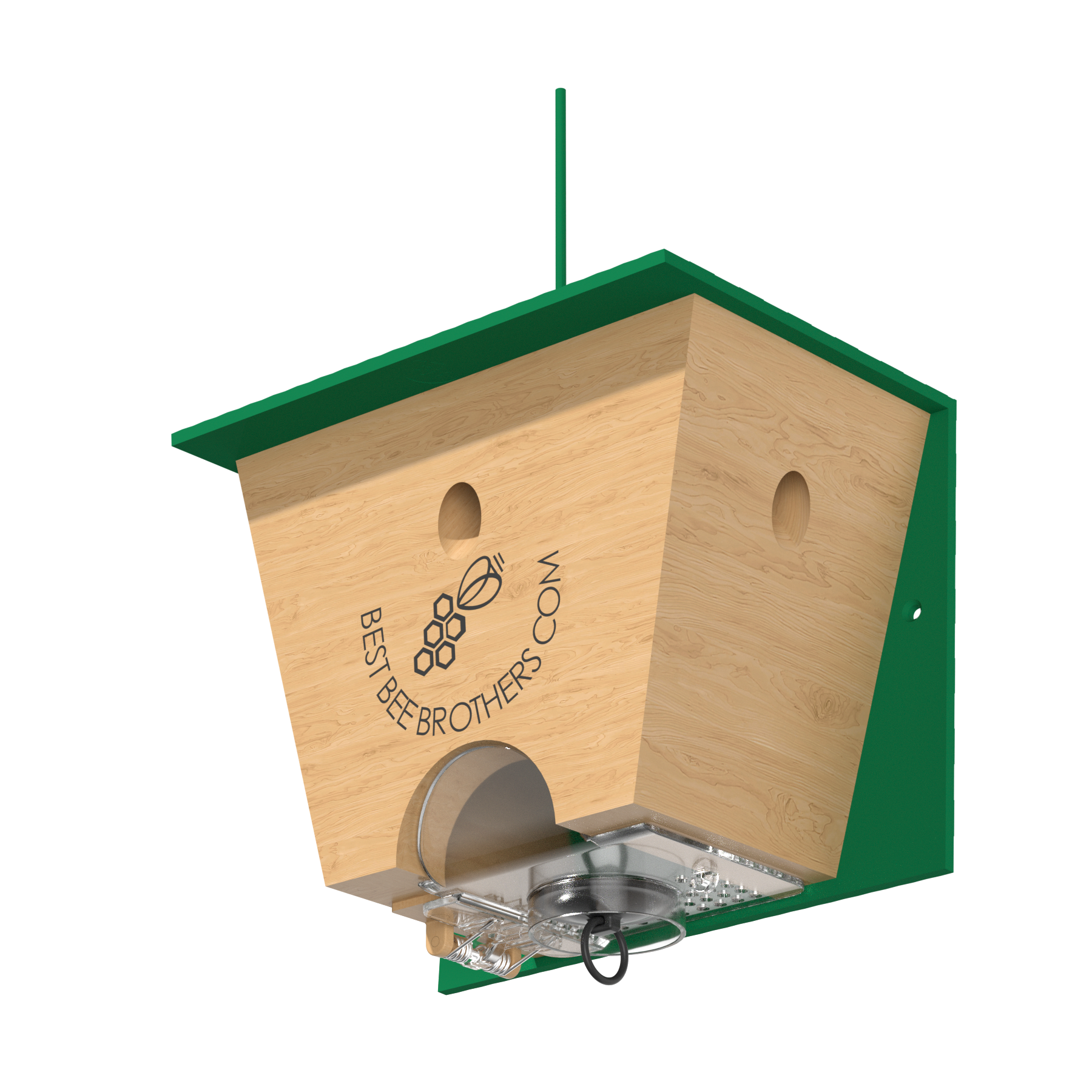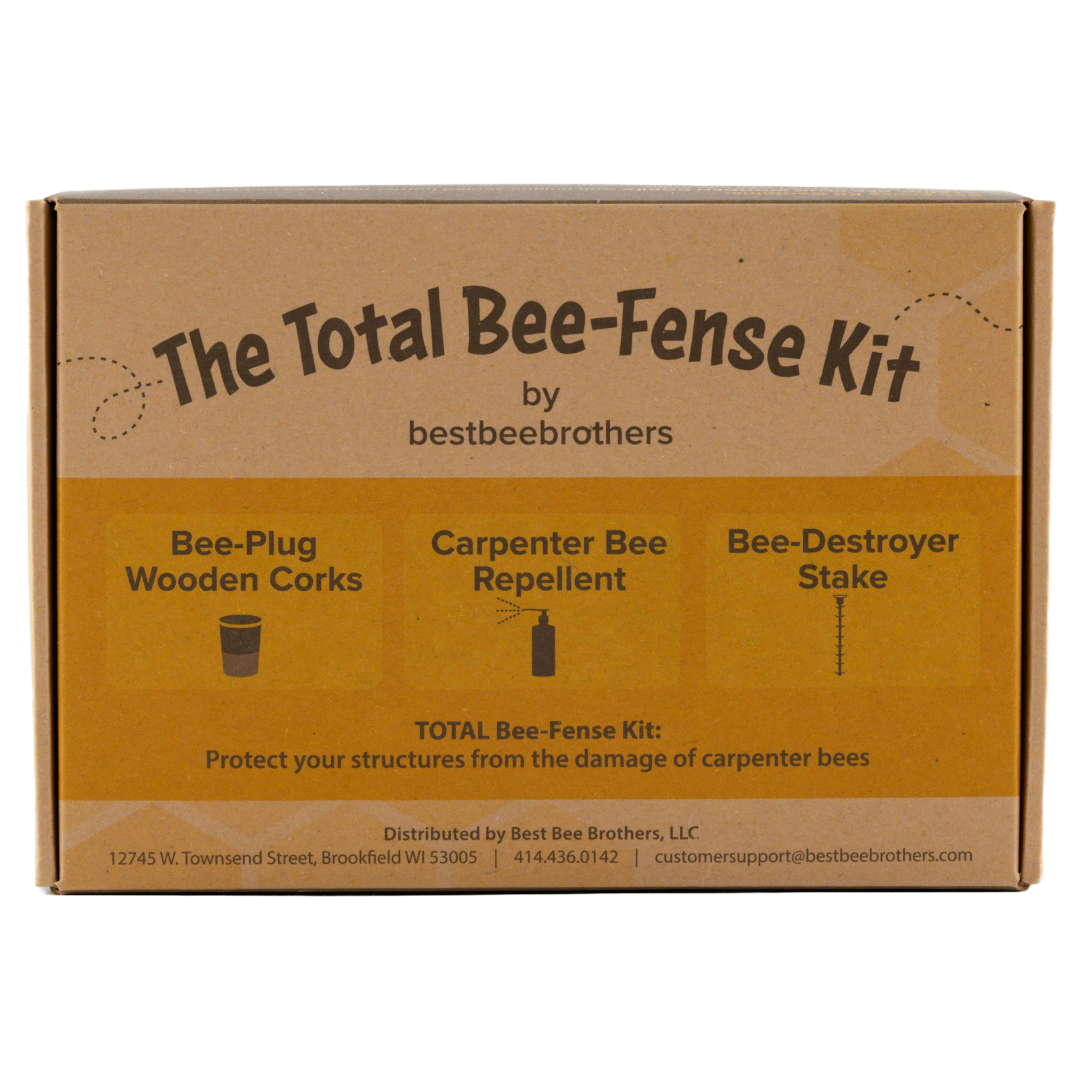Do you ever wonder where wasps, bees and other insects that are active in summer go in the wintertime when they’re not buzzing around outdoors? Depending on where you live, harsh winter conditions can be unbearable even for humans, and these creatures have developed special survival strategies, since they can’t bundle up. Discover what happens to wasps in the winter and what you should do if you come across a wasp in or near your home.

Are Wasps Active in Winter?
Since temperatures are going to drastically drop, most wasps will die as the weather starts to get colder. However, some adult wasps survive these conditions by hibernating in hidden places they won’t be disturbed, such as underneath tree bark, or in cracks and crevices around structures.1 Most of these wasps are sexually mated females. Sexually mated females hibernate in the wintertime, specifically a mated queen known as a “foundress.”2 She is responsible for the beginning construction of a nest. During hibernation, these females hide in discreet locations such as an attic, basement or closet. This hibernation can be difficult for wasps to survive because of the lack of food and other resources.3
What Should I Do If I Find Wasps in My Home During Winter?
Wasps will make a nest in warm, quiet areas where they won’t be disrupted, and some can find their way indoors. If you find one or two in or near your home, they are easy to get rid of, as the wasps will be lethargic from hibernating and can be easily removed. However, if you find a large amount of wasps, it would be best to set up wasp deterrent traps around your home and consider contacting a pest control service. Try out our glass wasp trap to safely get rid of the wasps. This trap comes with a sugar substance recipe that will attract the wasps directly into the bright blue trap.

Even though most wasps do not survive the winter, it is still possible to find one or two in your home. Instead of panicking, remember that these wasps will have a low amount of energy and can be easily removed. For tips and tricks on proper wasp removal, please visit our How to Get Rid of Wasps post.
- Eric P. Benson and Patricia A. Zungoli, “Paper Wasps,” Cooperative Extension, College of Agriculture, Forestry and Life Sciences, Clemson University, accessed March 13, 2021, https://www.clemson.edu/extension/beekeepers/fact-sheets-publications/paper-wasps.html.
- Donald Lewis, “Overwintered Wasps,” Horticulture and Home Pest News, Iowa State University, accessed March 13, 2021, https://hortnews.extension.iastate.edu/1992/4-29-1992/wasp.html.
- Tom Turpin, “Dead Wasps in Winter,” Purdue University Extension, February 10, 2017, https://extension.purdue.edu/.









Leave a comment
All comments are moderated before being published.
This site is protected by hCaptcha and the hCaptcha Privacy Policy and Terms of Service apply.